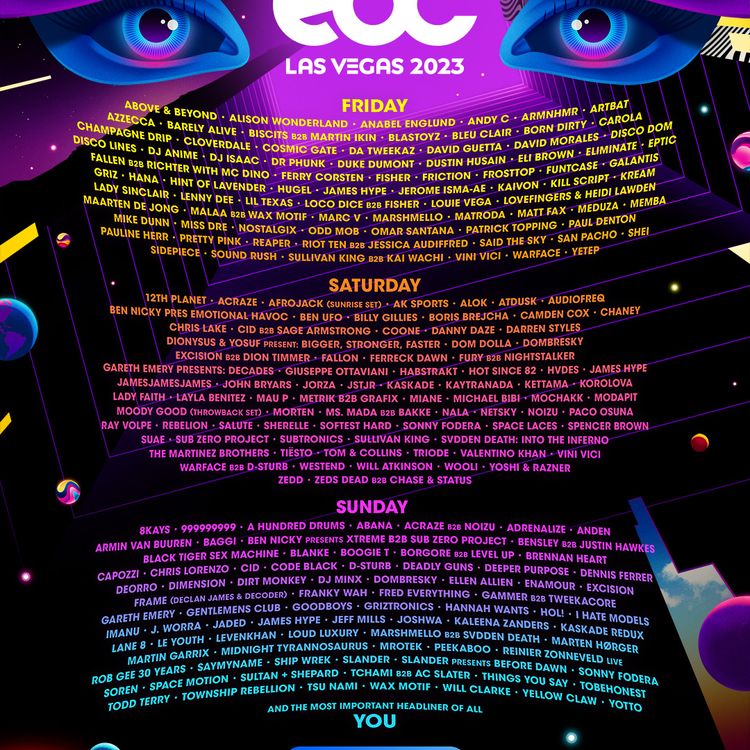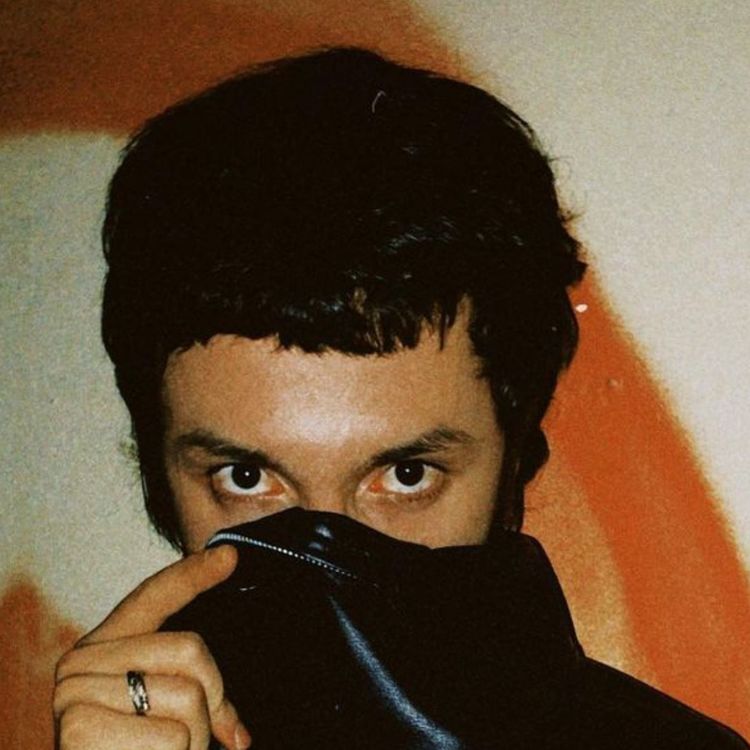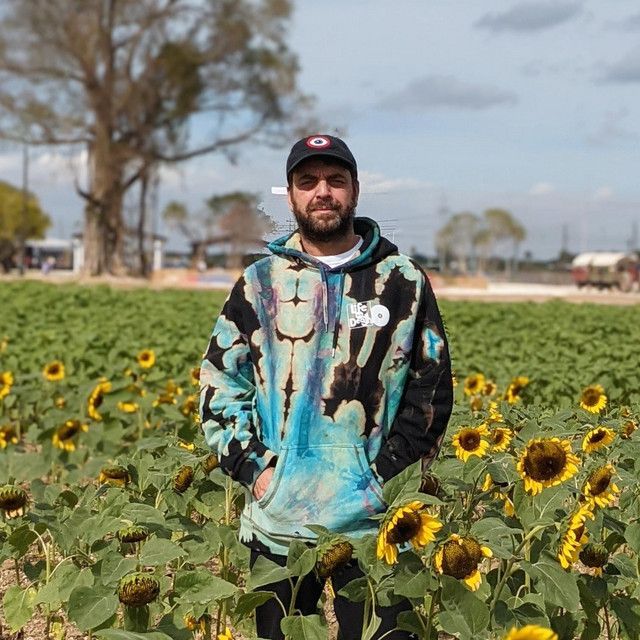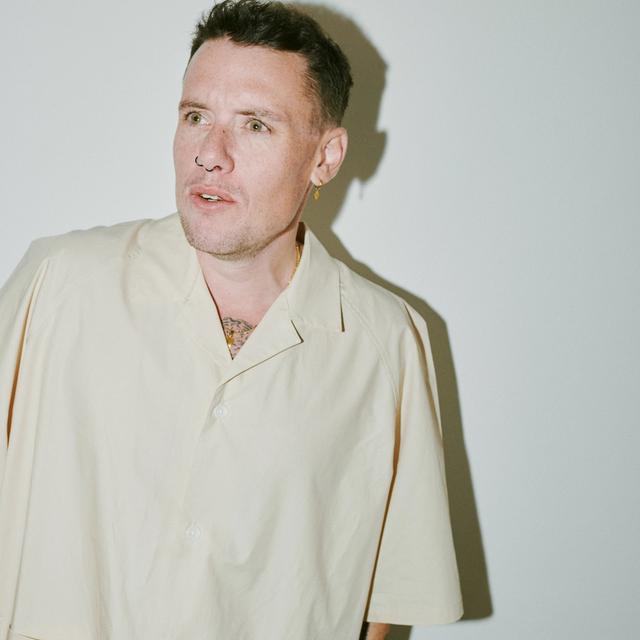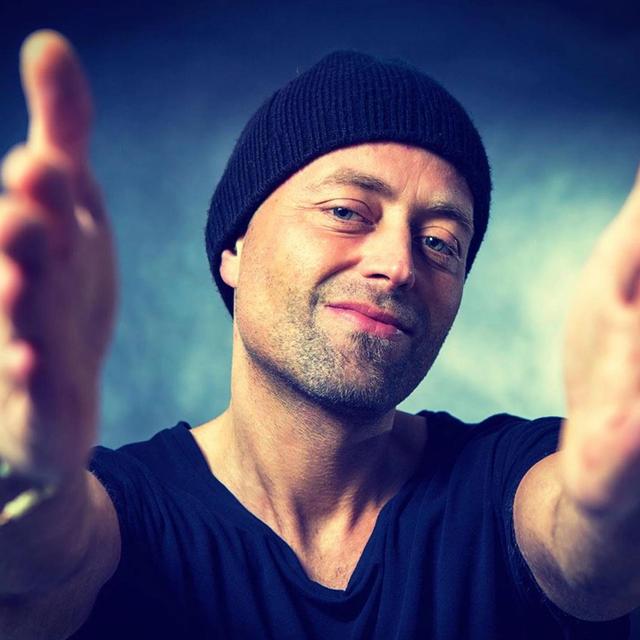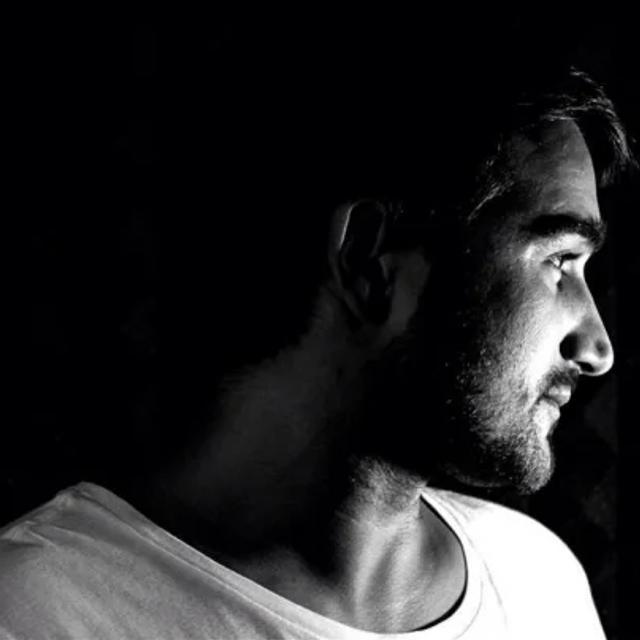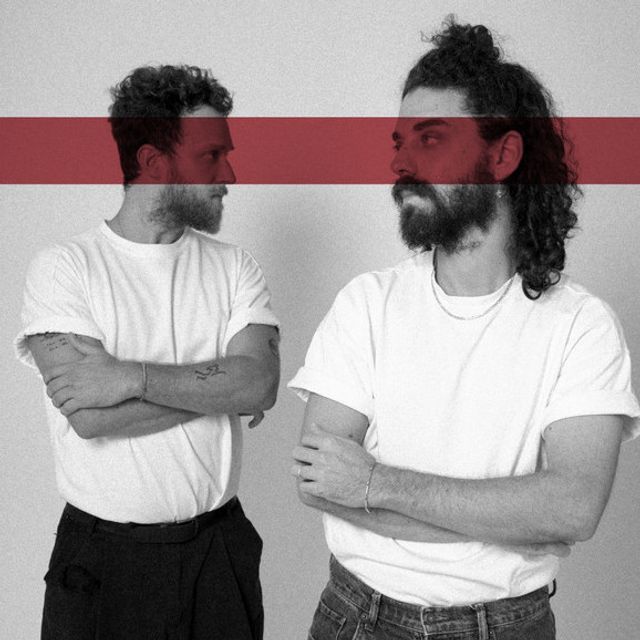Artist Spotlight
There's something wonderfully unclassifiable about Born Dirty's (aka Mika if you're friendly) music. His innovative and broad soundscapes are a musical melange ranging from the Afro-Latin "Samba Sujo" to the warped techy bass of "Crizpy" and the brightly buoyant nu-disco-tinged "Key To Me." Maybe it's his multicultural background at play. He was born in Israel to an Israeli mother and French father, his maternal grandmother is Algerian, paternal is Tunisian. Mika grew up in London and Paris, and lives in LA. Maybe it stems from the multi-genre musical roadmap he traversed in his youth, bouncing from UK rave to the goth rock of Bauhaus and East Coast golden era hip hop. Whatever it is, his singular ability to inject his music with distinctive cultural footnotes has given dance music over a decade of music that never fails to elicit incredible WTF moments that keep us dancing. As he traces his family tree from Hungary to Sicily, the Czech Republic, and Russia, he explains that multiculturalism is a part of his DNA. He's naturally inclined to put it all in a blender while equally paying homage. He even does this when he cooks, he adds. "In my music, if you dissect it, you might be able to hear that. My background with North Africa. Middle Eastern, for the rhythms and percussion. And then, the UK just has imprinted on me very heavily," Mika explains. Music has always been omnipresent in Mika's life, and despite not having traditional instruments at home, his dad, who had played drums and guitar, found fun ways for the kids to make some noise. "He would always get the pots and pans from the kitchen. We wouldn't be able to have drums, so it was just like, wooden spoons and then pots and pans. My dad's got rhythm! You can see he's a musician. He's never exploited that, because he couldn't because [of] life and choices. But I grew up in this environment where I had a dad that really was musical." When Mika was 13, his sister's boyfriend gave him a guitar, opening a window to his raw, unfiltered talent for music. His room quickly filled with instruments and the sound of cover versions of his favorite songs. He wasn't great at school, but "I knew that I was good at music straight away. The path was super clear to me. That's all I wanted to do. I would go to bed and dream [of playing] in front of thousands of people." In Indian religions, dharma gives an object its purpose, or as Mika explains, "The dharma is your path. It's what you're born to do. So, I know that's my dharma." As his purpose became more evident, he was running with a group of youngsters who introduced him to underground raves and electronic music. He spent nights calling info lines from pay phones and hitting up map points that led to abandoned warehouses and distant forest clearings. He could feel his molecules rearranging to accept this new world of radically revolutionary music as he rolled up to these covert functions. And while the chase of the party was incredible, Mika always kept one foot in and one foot out. "I was always making music, always playing instruments, always playing in bands, always singing—playing drums in one band, playing guitar in another, playing bass in another. Everyone at one point, you know, they didn't really like me, in a sense, because I was running thin. I wasn't really dedicated to anything in particular. But looking back, I've learned so much from that. When I moved to London, is really when I started to make electronic music." Living on a meager salary, Mika devoted himself to creating. His first dance music projects were a mishmash of indie grunge vocals and hip-hop beats. He then took on the moniker Son Of Kick, a progenitor of early bass music and breaks. It was a creatively liberating time. He tells me that the music just flowed out of him. It was the first time he began to experience success, and he signed tracks to UK breaks stalwart Botchit & Scraper, SMOG, Buygore, and started his label Way Way Records. The UK didn't embrace his music as much as US audiences did. And while he got the chance to tour in The States, he felt like it wasn't working. Crowds were more narrow-minded, and anytime he stepped out of "his lane" and maybe played something with a 4/4 beat, he got side-eyed. "Eventually, I was like, fuck this man. I really didn't want to be in that scene anymore. Because I was like, 'This is so closed-minded.' I'm just going to start moving on, and I met Linden. And we started making music together." Born Dirty was originally a collaborative project with Londoner Linden Jay. The music they made together was equally left of center. Their off-kilter beats made sense in a world where house music was shifting. Early heaters like "Misbehave," "Blind When I Dance," and "Daddy" carried a sound that was unique, percussive, and just a little bit dusty in the right way. Mika always felt like he was just a bit ahead of the curve. It's something that's always been a tenant of his music. Case and point, his recent release, "So Big" on Thrive Records, is pulled chiefly from a track he wrote seven years ago. "I just make music. I just jam and have a good time making things. I've been really shit at being on time." His way of explaining how he is ahead of the curve is wonderfully poetic and reflexive. "I don't have a good time making music that is for the purpose of being current." Being naturally forward-thinking arises from his ability to contextualize his myriad influences. As Latin and Afro house continue to become even more everpresent, he's quick to point out that not only is this not a new phenomenon—Latin house goes back to the origins of dance music—it's also something that's forever been a part of his sonic DNA. And as he looks forward to broader musical horizons, he wants to create more diverse musical moments. In late 2022 he posted a clip of him singing a cover of Low's "When I Go Deaf." Seeing Mika passionately belt something more indie-slanted surprised his thousands of followers. Knowing what I know now, however, it was more of a full-circle moment. The gentle glimpse into the world of his side project, Rose Ryot, was yet another signal of his immense talent, passion, and how one can make a career of peacefully driving down a musical highway with no lanes.

